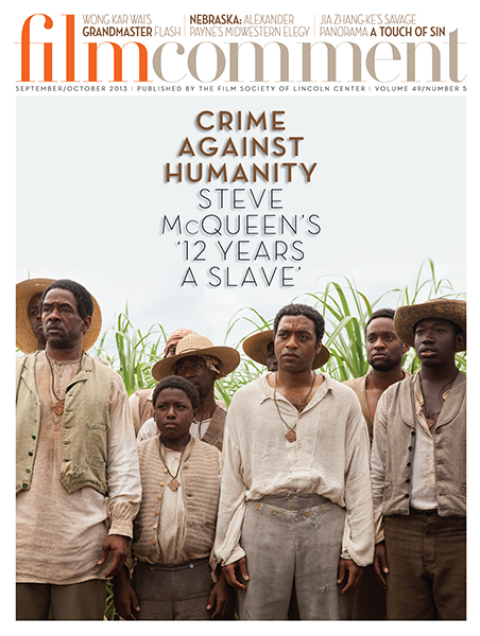Has controversial but generally well-meaning no-budget auteur Joe Swanberg finally sold out? The question is just as impertinent as the drama enacted in his latest and most overtly commercial feature. Neither Swanberg nor any of his mumblecore peers has ever been truly underground (at least not in any sense that Parker Tyler would recognize), but he has frequently succeeded in evoking the penniless vanguard’s DIY ethos while imitating, if not updating, the improvisational psychodramas of his indie forbearers. In Drinking Buddies he’s working with his largest budget to date (just under $1 million) and inducing actors of a higher profile than usual to undress. But Swanberg is not so much kowtowing to romcom convention as putting great care into crafting something idiosyncratic, sneakily intelligent—and totally disposable. The result is a defiantly minor work that doesn’t skimp on the post-Facebook angst that has characterized his best films.

The plot concerns the parallel romantic tribulations of Kate (Olivia Wilde) and Luke (Jake Johnson), two employees of a Chicago microbrewery whose respective relationships are the main obstacle to the inevitable consummation of their flirtatious (but mostly irritating) friendship. Kate’s insistence on staying out late to choke down pints with her exclusively male co-workers contrasts with the more intellectual, homebody lifestyle of her fortyish boyfriend, Chris (Ron Livingston, still a reliable source of droll masculine world-weariness). Meanwhile Luke, who is something of a fun-loving caveman, is perhaps too aloof to take things to the matrimonial next level with his girlfriend, Jill (Anna Kendrick), a special-needs teacher. (This particular thematic thread is treated with far more ingenuity and formal rigor in Swanberg’s excellent 2012 short feature, Marriage Material.)When the two couples head off together for a beach-house weekend getaway, a bout of partner-swapping seems in the offing. It is at this point that the sophistication of Swanberg’s plotting becomes apparent, subtly subverting genre expectations while re-orienting the film’s overall rhythm from fast-and-loose to tense-and-repetitious. You might wish that the protagonists weren’t so insufferably juvenile so much of the time, but Swanberg handles his material in such a way that you can relate to his characters and remain engaged, as with his more substantial earlier efforts.

In keeping with the director’s critical reputation, the pleasures afforded by Drinking Buddies are mostly voyeuristic, albeit in a form that has more to do with the casual unraveling of a lightly comic melodrama than with the spectacle of pale nude bodies writhing atop Ikea bedspreads. Based on the filmmaking in evidence here, you may not want to make the case for Swanberg as the Bergman of his generation, but the film is far more watchable than its outline might suggest.
Viewers hoping to catch a glimpse of the Swanberg of Silver Bullets (11) and Art History (11)—the oversharer who is as obsessed with cinematic form as he is with sex and is genuinely interested in exploring the limits of personal filmmaking in the post-digital era—will undoubtedly be disappointed that, aesthetically speaking, Drinking Buddies has more in common with Lynn Shelton’s Your Sister’s Sister than, say, Film Socialisme. And it’s hard not to suspect that Swanberg has lapsed into a kindler, gentler, less edgy mode when you compare Drinking Buddies with Computer Chess, fellow mumblecore pioneer Andrew Bujalski’s uncompromising and brilliant feature. Yet it’s just as difficult to believe that the filmmaker responsible for the uncomfortably probing and stylistically audacious Silver Bullets has suddenly decided to switch over to films that are as innocuous as this one. In interviews Swanberg has acknowledged the creative freedoms that come with professional talent and greater financial resources, this at just a two-year remove from the most radical and impressive films of his prolific career. In other words, he is very likely still figuring things out.








